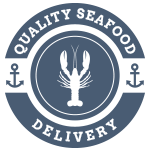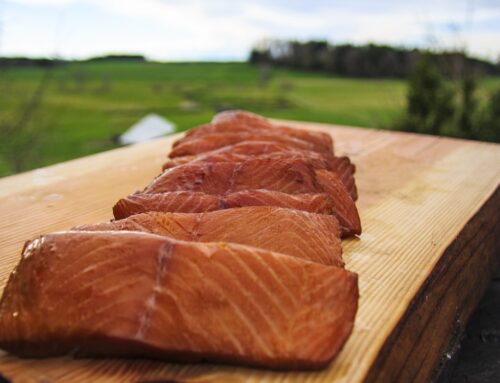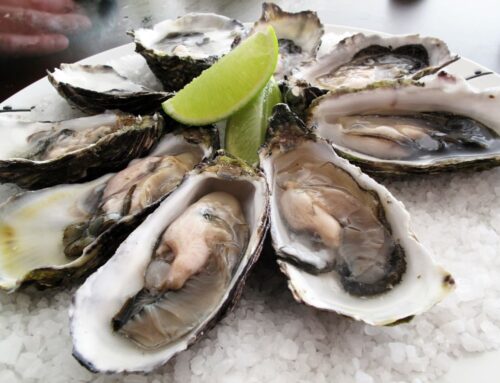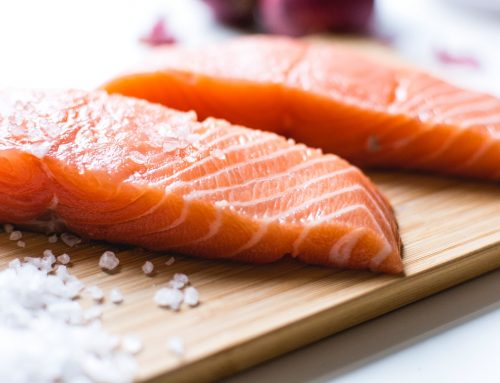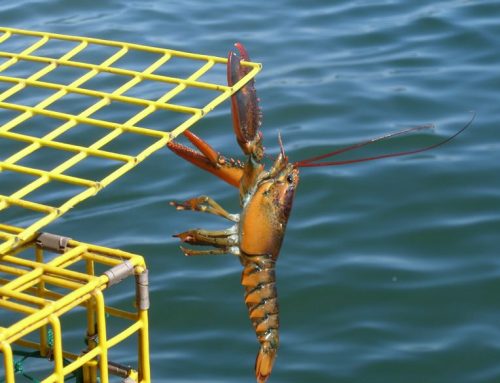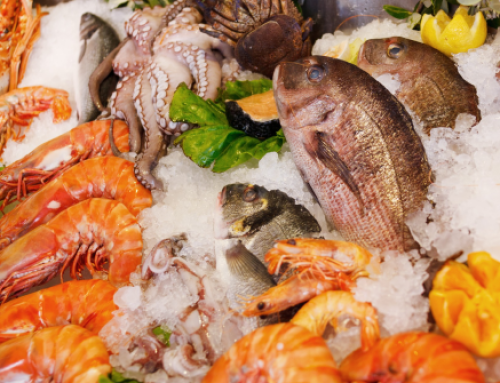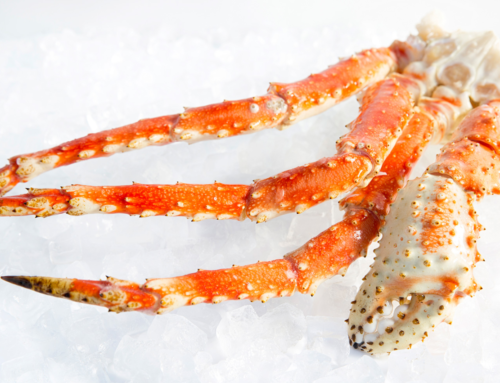Atlantic, farm-raised salmon is a less healthy option that wild Alaskan salmon, but most people don’t really understand why. Like a lot of people, we used to think it was because farm-raised salmon had higher mercury levels. But it turns out, this isn’t the real reason, or least it’s not the whole story.
Mercury Levels in Farm-Raised Salmon
First, let’s talk about the uncertain facts surrounding mercury levels in salmon. The Food and Drug Administration has found the average amount of mercury in salmon is 0.022 ppm (parts per million). While the FDA breaks out the salmon categories by “canned salmon” and “fresh/frozen salmon,” they don’t distinguish between Atlantic farm-raised salmon and wild Alaskan salmon.
But this isn’t the end of the story, either. Like many types of fish and seafood, mercury levels are far from consistent from one fish to the next. While the average is 0.022 ppm, the mercury levels in some salmon has been found to be 0.19ppm, nine times higher than the average. Dig a little deeper, and you understand that these worst offenders are pretty much all farm-raised with lower-quality feed.
While this level is still lower than high-risk fish species for mercury, it’s probably not something you want to eat more than once a week—or at all if you’re pregnant. Plus, this data is a decade old. It’s entirely possible that today’s farm-raised salmon has mercury levels that are even higher.
Lower-Quality Feed with Today’s Farm-Raised Salmon
Rather than the natural diet of wild salmon, farm-raised salmon is given feed of varying quality. In the past, this feed was made mostly from ground-up bits of other fish. Today, diminished seafood supplies have caused fisheries to use alternate, inferior-quality feed sources including corn, soybean, poultry with feathers, pork, and other unspecified feed products.
To some extent, wild salmon is also suffering from lower-quality feed, as polluted ocean waters increase mercury and other chemicals across the aquatic food chain. This also explains why sockeye salmon is among the most popular choices for people who are looking for healthy and nutritious seafood. Unlike other salmon, sockeye eat plankton pretty much exclusively for their diet, making them less susceptible to contamination in the food chain.
Polychlorinated biphenyls (PCBs) & Other Contaminants
As bad as mercury is, it’s far from the only concern with today’s farm-raised salmon. Polychlorinated biphenyls (PCBs) are industrial chemicals that were manufactured from 1929 until they were banned in 1979. But these chemicals linger in the soil and can leech into the water supply for decades. Much of today’s seafood has elevated and potentially dangerous levels of PCBs. In fact, numerous contaminants, including dioxins and pesticides, have been dumped into the world’s oceans.
With all this in mind, here’s the real reason why we generally avoid farm-raised salmon: In addition to lower-quality feeds, this species of salmon is more susceptible to accumulating persistent, fat-soluble contaminants.
Take note of our Affiliate Relationships that may exist with this page and companies listed on it.
